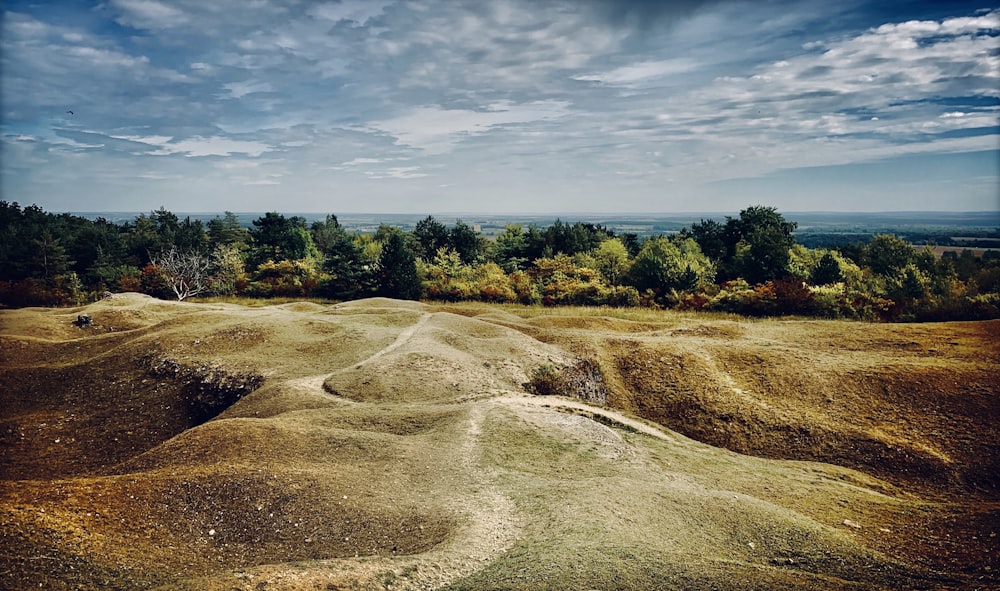
The desire to avoid a second world war was perhaps the most understandable and universal wish in history. More than 16.5 million people died during the First World War. The British lost 723,000; the French 1.7 million; the Russians 1.8 million; the British Empire 230,000; the Germans over 2 million. Twenty thousand British soldiers died on the first day of the Battle of the Somme, while the ossuary at Douaumont contains the bones of some 130,000 French and German soldiers - a mere sixth of those killed during the 302-day Battle of Verdun. Among the survivors there was scarcely a soul that was not affected. Almost everyone had a father, husband, son, brother, cousin, fiancé, or friend killed or maimed. When it was over, not even the victors could feel victorious. The Cenotaph, unveiled on Whitehall on June 19, 1919, was no Arc de Triomphe but a symbol of loss. Every Armistice Day, thousands of Britons shuffled past it in mournful silence, while, on both sides of the Channel, schools, villages, towns, and railway stations commemorated friends and colleagues with their own memorials. In the years that followed the mantra was as consistent as it was determined: "Never again!"
- From Appeasement: Chamberlain, Hitler, Churchill, and the Road to War by Tim Bouverie
[Photo of Verdun by Arjan de Jong at Unsplash]
No comments:
Post a Comment